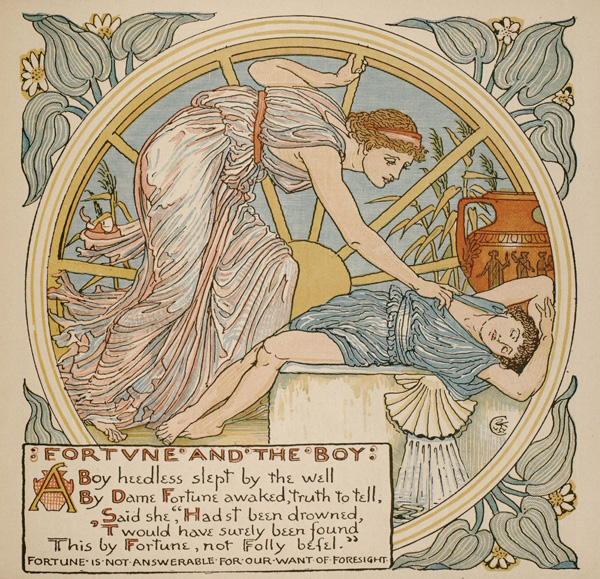Here is the review for proverbs in group 58-59-60 with the crossword puzzle! You can click on those group links to review those posts and/or click on the linked sayings below for the post with that specific saying:
- Ἄγουσιν ἑορτὴν οἱ κλέπται.
- Ἄνευ πτερῶν ζητεῖς ἵπτασθαι.
- Ἀπὸ ὄνων ἐφ᾽ ἵππους.
- Βάλλ᾽ ἐς ὕδωρ.
- Γλώσσῃ ματαίᾳ ζημία προστρίβεται.
- Εἶπεν ἡ γυνή ὁ ὄφις ἠπάτησέν με καὶ ἔφαγον.
- Ἐκ λύκου στόματος.
- Ἡ κακὴ κρίσις παντὸς κακοῦ αἰτίον.
- Καλῶς ποιεῖτε τοῖς μισοῦσιν ὑμᾶς.
- Λαγὼς καθεύδων.
- Οὐδὲν κακὸν ῥᾴδιως ἀπόλλυται.
- Τὰ καίσαρος ἀπόδοτε καίσαρι καὶ τὰ τοῦ θεοῦ τῷ θεῷ.
- Τῷ θεῷ ἕπου.
- Ὑγίεια καὶ νοῦς ἀγαθὰ τῷ βίῳ δύο.
- Φωνὴ αἵματος τοῦ ἀδελφοῦ σου βοᾷ πρός με ἐκ τῆς γῆς.
Here are some of the sayings without spaces: see if you can find the word breaks! (I'm just doing the shorter ones because the long ones just keep running over longer than the line.)
τ ῳ θ ε ῳ ε π ο υ.
β α λ λ ε ς υ δ ω ρ.
λ α γ ω ς κ α θ ε υ δ ω ν.
ε κ λ υ κ ο υ σ τ ο μ α τ ο ς.
α π ο ο ν ω ν ε φ ι π π ο υ ς.
α γ ο υ σ ι ν ε ο ρ τ η ν ο ι κ λ ε π τ α ι.
α ν ε υ π τ ε ρ ω ν ζ η τ ε ι ς ι π τ α σ θ α ι.
ο υ δ ε ν κ α κ ο ν ρ ᾳ δ ι ω ς α π ο λ λ υ τ α ι.
υ γ ι ε ι α κ α ι ν ο υ ς α γ α θ α τ ῳ β ι ῳ δ υ ο.
κ α λ ω ς π ο ι ε ι τ ε τ ο ι ς μ ι σ ο υ σ ι ν υ μ α ς.
η κ α κ η κ ρ ι σ ι ς π α ν τ ο ς κ α κ ο υ α ι τ ι ο ν.
γ λ ω σ σ ῃ μ α τ α ι ᾳ ζ η μ ι α π ρ ο σ τ ρ ι β ε τ α ι.
And here's a random proverb and a random LOLCat too:










